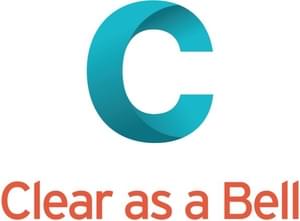Influencing decisions
Any business, whatever sector or even your domestic business, needs good, informed decision-making to make it a success - however you're defining that success for you.
Informed decisions need data, preferably robust data that has been turned into useful information. Domestically you might do a comparison exercise for car insurance for example in 6 clear steps:
- What and Why? To "get the best deal at the best price that suits my needs". Refining that a bit: I need it because, if I own a car, insurance is a legal requirement and it can have added
non-legal features such as a courtesy car or protecting my no claims bonus. My current insurance is just increasing in price and I want to see if I can get a better offer. - First you'd look at the context: you will know the value of your car, what you use it for, where you live, your driving record, your budget, what your insurance costs currently etc.
- What do you need to know? What insurers provider vehicle cover, what it costs, what risks can be covered, what extras are available.
- What might you do to gather data? Comparison website; ask friends and family; follow up on an advert; use the same one you've had before, phone a few for more details, look for TrustPilot ratings, Which? reports etc...
- Then you'd compare - look at the pros and cons of each one, extras you might want that are included in some contracts and not others, overall cost compared to value of the car, special
offers. - Decide - what from your comparison exercise is important to you (e.g. is it: if I break down on the way to my holiday with 3 small children and it's raining, I want to be able to call
someone and get help straight away with my rather expensive people carrier; or I only use my rather old car occasionally for shopping and visiting at the weekends and want minimal legal cover)? What can you afford? What other claims are there on your household budget that mean you might need to compromise from the perfect solution?
It's just the same for data informing business decisions. The role of the in-house research team is get decision-makers to ask the first five questions, in that order, before even switching on a computer or talking surveys or going straight to point 6. It's all a negotiation.
Settle down with coffee together and work through:
- The question you're trying to answer or problem you are needing to solve and why.
- The business context, including constraints and opportunities and what information you would need, whether the question been asked before
- Where the information you need is and which people/sources have it and in what format
- Options for gathering it from those sources and who is going to be doing it
- What type of analysis, what type of findings we need to be extracting and presentation of them
Decision-making
Generally I've found that point 4 is where most people come with a fixed idea and the most difficult part of the negotiation! Acting as a consultant - getting people to think through the problem is where you add more value than just providing some findings.
Article orginally published in 2017 on LInkedIn
